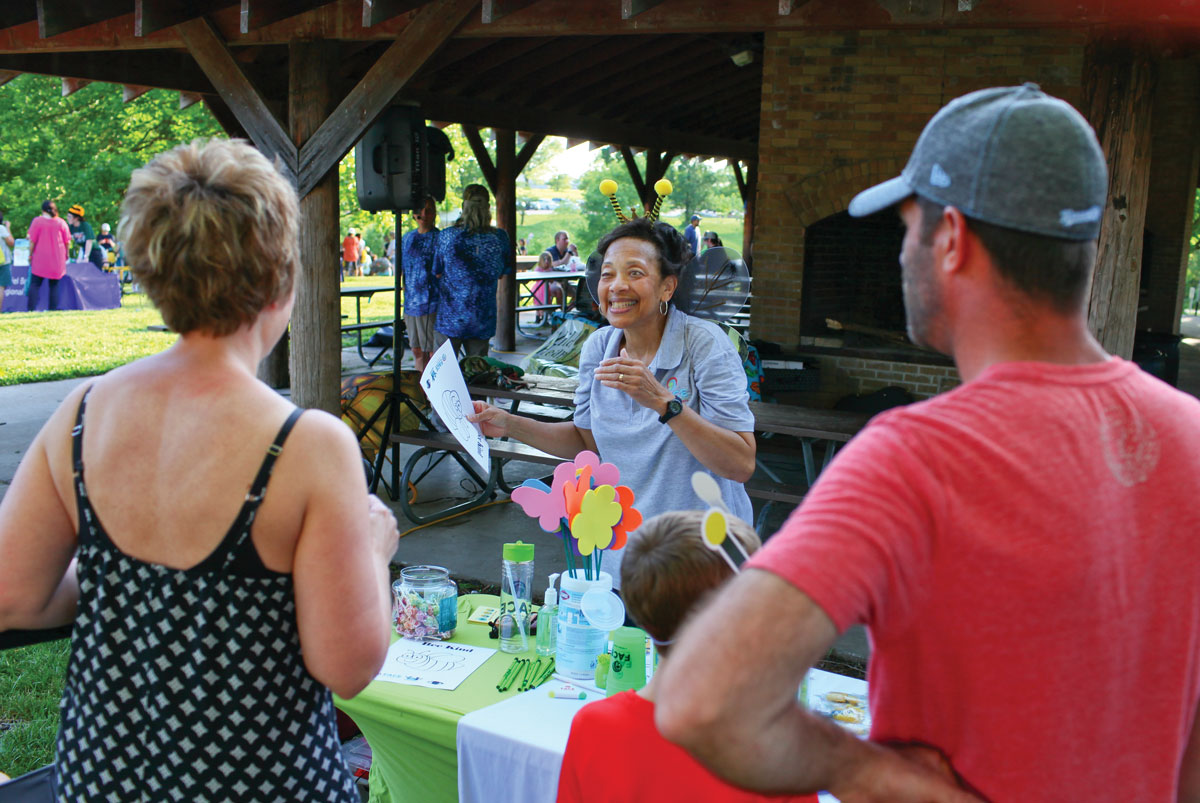Aug. 3, 2022
The School of Social Work works to solve local problems.

It didn’t take a pandemic for the School of Social Work to begin reducing the local toll of social, emotional and behavioral problems. A suite of programs in the department’s Family Access Center of Excellence (FACE) was already in place and impacting mid-Missouri when the pandemic began, enabling it to respond quickly to the growing social isolation, uncertainty and trauma. FACE, which is funded by Boone County’s Children’s Services Fund quarter-cent sales tax earmarked for children’s mental health needs, provides no-cost case management services, linking local children and families to mental health care to help them lead healthy, fulfilling lives.
FACE also provides mental health training and consultation to other organizations, including all Boone County schools. Clients seeking help at FACE undergo a thorough evaluation, followed by case management services that support their right to choose a therapist. “FACE tries to bridge the gap between home, school and community services, while helping families identify options and keeping youth from falling through the cracks,” Thompson says.
Other communities offer similar case management services, though they are traditionally administered by the juvenile courts. Because the Department of Social Work in concert with the Missouri Prevention Science Institute directs the work of FACE, it functions as a nonconflicted service and not as an extension of the juvenile justice system. Since opening in 2016 through 2019, FACE worked with about 350 families per year. After the first year of social isolation resulting from the pandemic, FACE caseload numbers jumped 55 percent. And after two years of pandemic life, FACE experienced another 100 percent increase.
FACE has also developed a mental health checklist that helps identify students with social, emotional, and behavioral challenges. A checklist is completed twice each school year on all of Boone County’s roughly 25,000 Students in grades 3-12 complete the form, and teachers complete the checklist on all K-12 students. The data not only give school administrators and teachers a picture of the challenges students experience but also help to identify specific students in need of more intensive support. FACE intervention specialists then visit Boone County schools and help educators make sense of the data, set goals for improvement, pick programs that target the greatest concerns, and provide direct support services to students and teachers in need.
FACE strengthens communications among government agencies, social service organizations and private providers that work with children and families. Its board of advisors — representatives from law enforcement, the courts, public health, the schools and county government — knits the groups into a web of services that prevents families and children from falling through service gaps. FACE’s multileveled approach, which improves the social service infrastructure while serving the immediate needs of children and families, has earned widespread recognition. The National Association of Counties awarded Boone County and FACE a place on its distinguished listing of “100 Brilliant Ideas at Work.”
